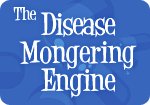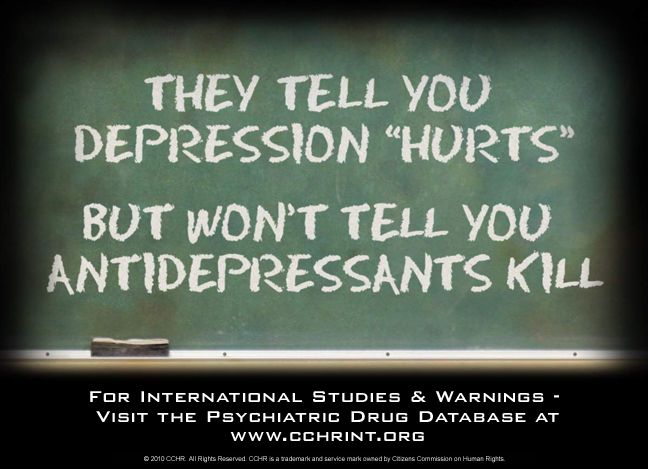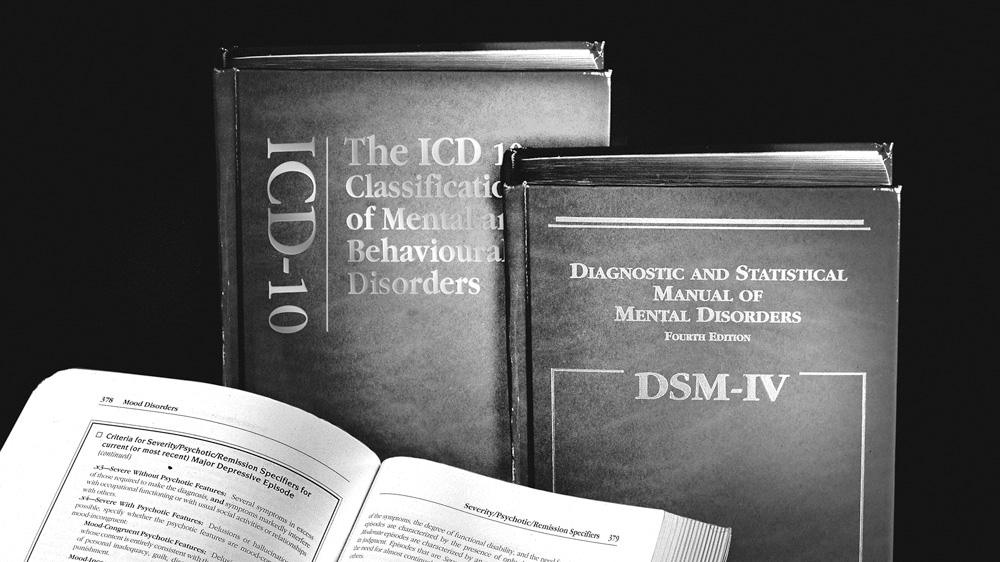
American Psychiatric Association Slammed by Disease Mongering Parody Featuring Instant Disease Generation Engine
The American Psychiatric Association is under fire today by an independent health news site’s launch of the “Disease Mongering Engine” – an online tool that allows users to instantly generate disorders, dysfunctions and syndromes that sound real, but aren’t. Available at www.NewsTarget.com, the Disease Mongering Engine was created by Mike Adams, a vocal critic of modern psychiatric medicine and its practice of labeling healthy people with fictitious diseases, then over-medicating them with patented pharmaceuticals.
“Modern psychiatry has lost its way and has now become a marketing branch of Big Pharma,” Adams said. “Convincing healthy people that they’re diseased, then harming them with unsafe chemical medications, is not a legitimate approach to health and healing.” Diseases ranging from ADHD to Social Anxiety Disorder were “invented” by drug companies and psychiatrists, Adams says, as a way to generate billions of dollars in profits by selling treatment drugs and services to people who don’t need them.






SHARE YOUR STORY/COMMENT: